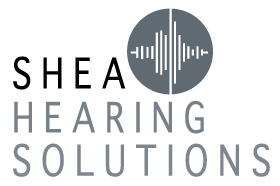Causes of hearing loss?
A quick look at why you or a loved one could be experiencing hearing loss
Learning about the causes of hearing loss and the type of hearing loss you or a loved one could be experiencing, is the first step towards finding solutions that allow life to be lived to the fullest. Experiencing hearing loss - whatever the cause or extent - isn’t pleasant, but there is good news: thanks to modern hearing aid technology, hearing loss is a treatable condition.
Hearing loss falls into two broad categories: the first is congenital, which is hearing loss that is present at birth and caused by factors like genetics or premature birth. The second is acquired, which is hearing loss that occurs after birth, and is the result of factors like illness or damage to the ear.
Although we in fact "hear" with our brains, hearing loss happens when one part of the ear - the outer, middle or inner ear - is damaged or unable to function properly, and cannot conduct sound signals to the brain normally.

Causes in the outer ear

Causes in the middle ear

Causes in the inner ear
Common Hearing Loss Conditions
Auditory Deprivation
Social isolation
Proactive in Treating Hearing Loss
Cognitive Decline and Hearing Loss
Get the hearing loss facts
The stats don't lie: you are not alone in your hearing loss!
An estimated 1.1 billion people around the world are affected by hearing loss – that's about 16% of the world’s population.
Approximately 1 in every 1000 infants have hearing loss.
Approximately 1 in 3 people over 60 have hearing loss.
According to the World Health Organization (WHO), chronic ear infections are a leading cause of hearing loss.
Studies show that around 65% of people with hearing loss experience mild hearing loss, 30% moderate and 5% severe or profound hearing loss
About 1/3 of all people with hearing loss are of retirement age.
The majority of people with hearing loss are of school-going or working age.
Studies show that only 1 in 5 people who would benefit from a hearing aid actually uses one.
According to the World Health Organization (WHO), chronic ear infections are a leading cause of hearing loss.
Types of hearing loss
General guidelines to help you identify the degree of hearing loss you or a loved one could be experiencing

Mild hearing loss

Moderate hearing loss

Severe hearing loss

Profound hearing loss
Get relief from
hearing loss today!
Talk with an expert
Chat now or call us at(901) 682 1165


